Transformative Education Alliance
Perspectiva seeks to understand the relationship between systems, souls and society in a time of crisis, and to develop methods, grounded in an applied philosophy of education, to help us meet the challenges of our time.
The Transformative Education Alliance, TEA, aims to devise new methodologies and institutional niches which recognise that the significance of the distinction between formal, informal, and tacit education has almost completely broken down. In that context, we seek to devise and coordinate new processes of teaching and learning throughout the lifespan that are fit for the purpose.
Perspectiva believes the most important crisis of our time is the meta crisis lying within, between and beyond the materialist perspectives from which we view our current challenges; we construct problems in ways that confound our capacity to address their root causes. The challenge of our time is epistemic, cultural and spiritual renewal, but that is daunting in a context of economic, political and technological upheaval and cascading ecological collapse. Clarifying what that predicament means and what follows for society requires sustained intellectual leadership and new institutional forms.
TEA aims to devise new methodologies and institutional niches that recognises the significance of the distinction between formal (eg schools and universities) informal (eg clubs and societies) and tacit (eg TV and social media) education has almost completely broken down. In that fluid context of technological, cultural and educational forms, we seek to devise and coordinate processes of teaching and learning throughout the lifespan that are fit for the purpose of responding to four of our most profound interlocking crises which together encapsulate our meta crisis:
We believe that these core defining questions for civilisation (distilled by Zak Stein) are fundamentally educational in nature. We also believe responding to them as co-emergent and inextricably connected phenomena is necessary, but very difficult – we need to learn to reach beyond our current cultural and institutional grasp, which is why TEA is necessary. Such questions cannot be answered definitively, but the survival of civilisation depends upon asking them whenever we are faced with the more familiar question: What should we do?
Further reading: